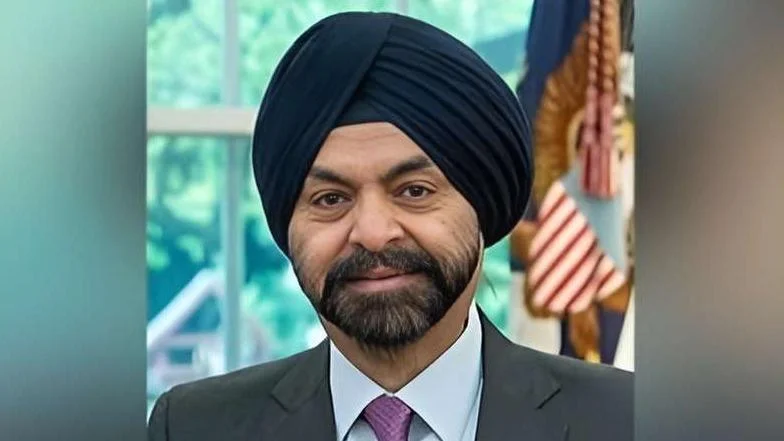Public finances in the Western Balkans experienced significant strain during the COVID-19 crisis, necessitating efforts to reduce public debt while continuing to encourage economic recovery. This task faces challenges due to global uncertainties and increased financing costs caused by accelerated monetary tightening. Policymakers acknowledge the importance of strengthening fiscal prudence and governance to effectively manage public resources.
The European Union (EU) enlargement process and legislative harmonization are seen as key drivers for reforms in the Western Balkans. Fiscal governance, which includes both responsibility frameworks and infrastructure governance, is fundamental to EU accession. As part of the accession negotiations, Western Balkan countries must demonstrate they adhere to economic criteria, including improved financial management and transparency.
To aid this effort, the European Union and the World Bank signed a Trust Fund Administration Agreement in December 2022 to implement a four-year technical assistance program in the Western Balkans. "The objective of this technical assistance is to support the Western Balkan countries to enhance their fiscal responsibility frameworks and strengthen infrastructure governance by enhancing public investment and public asset management," the agreement states.
Component I of the technical assistance addresses fiscal responsibility frameworks. The World Bank is assisting six Western Balkan countries in strengthening fiscal rules and independent institutions to align with EU requirements. Various training sessions and peer-to-peer learning events have been conducted to enhance macro-fiscal forecasting capabilities.
In North Macedonia, the Fiscal Council is actively engaged in peer-to-peer learning with institutions in Vienna and Madrid. In Albania, discussions with the Ministry of Finance and Parliament on establishing a fiscal council have taken place. "Kosovo: discussing the options for setting up the fiscal council," states a reported engagement with local advisory bodies.
Component II focuses on infrastructure governance, particularly enhancing public investment management and public asset management. The World Bank supports the Western Balkan countries by facilitating meetings and maintaining networks for forecasters and fiscal councils to exchange insights and strategies.
The ongoing initiative underscores a commitment to improving fiscal governance in the Western Balkans, fostering economic convergence with the European Union.

